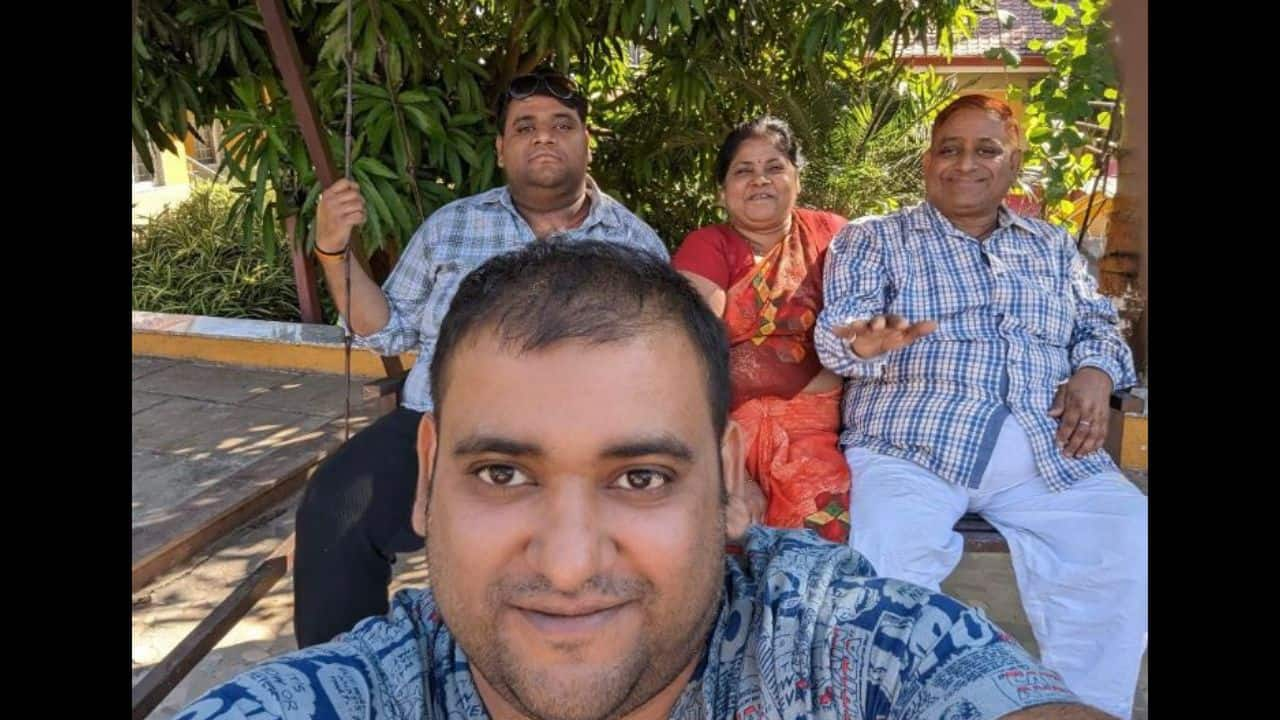 |
|
The tragic death of 34-year-old Atul Subhash, a Bengaluru-based techie, has ignited a heated national conversation surrounding Section 498A of the Indian Penal Code, which pertains to dowry harassment. Subhash's suicide, discovered with a note reading 'Justice is due,' has raised serious questions about the potential for misuse of this legal provision and the challenges faced by men in such situations. The case highlights the complex interplay between personal tragedy, legal processes, and societal perceptions of gender roles within the context of marital disputes.
Atul Subhash's monthly income was approximately Rs 84,000. A Jaunpur Family Court ordered him to pay Rs 40,000 per month in child support to his estranged wife, Nikita Singhania, who, according to his lawyer, Dinesh Mishra, was financially well-off. Mr. Mishra emphasized that the alimony was solely for the child's welfare and not for his wife's support. The lawyer's statements suggest that Subhash felt the court-mandated amount was excessive, a burden he found difficult to shoulder despite having Rs 44,000 remaining after the payments for his own expenses and those of his family in Bengaluru. This aspect of the case underscores the financial pressures faced by individuals navigating complex family legal proceedings, particularly when facing what may be perceived as unfair or unreasonable demands.
The narrative surrounding Atul Subhash's suicide has been further complicated by the filing of a First Information Report (FIR) against four individuals: his wife, Nikita Singhania; his mother-in-law, Nisha Singhania; his wife's brother, Anurag Singhania; and his wife's uncle, Sushil Singhania. The FIR, filed under sections 108 (abetment of suicide) and 3(5) (joint criminal liability) of the Indian Penal Code (BNS likely refers to the Indian Penal Code in this context), is based on a complaint by Atul's brother, Bikas Kumar. This legal action implicates the family of the estranged wife, suggesting an allegation of culpability in Subhash's death beyond the purely financial aspects of the alimony dispute. The investigation resulting from this FIR will undoubtedly delve into the dynamics of the marital relationship, the circumstances leading up to the suicide, and the degree of influence or pressure potentially exerted by the accused individuals.
The case highlights the need for a nuanced understanding of the legal and social pressures faced by individuals entangled in marital disputes. While the court's decision regarding alimony may not be the sole causal factor, it clearly contributed to Subhash's distress. The debate sparked by this tragedy calls for a reevaluation of how Section 498A is implemented and the potential for its misuse. The need to provide adequate safeguards and due process for both men and women involved in family legal proceedings is paramount. The ease with which accusations under this provision can have wide-reaching consequences, particularly on the financial stability and mental wellbeing of individuals, demands attention and reform to protect against potential abuse and ensure that the justice system upholds fairness and equity. The question of whether the financial burden imposed upon Subhash was, in his view, beyond his capacity to bear, forms a crucial part of this ongoing debate.
The incident underscores a larger societal problem – the potential for misinterpretation and misuse of laws designed to protect women from domestic violence. In this instance, there are claims that the charges were baseless, raising crucial questions about the impact on men and their families caught in the crossfire of such legal disputes. The mental health of those involved, including Atul Subhash, is a critical concern. The case serves as a grim reminder of the need to ensure that legal mechanisms are used responsibly and to consider the potential consequences for all parties involved. The aftermath, with the FIR and ongoing investigation, demands a thorough and impartial examination of the facts to ensure that justice is served and to prevent similar tragedies in the future. The ongoing legal proceedings will undoubtedly shed further light on the circumstances leading up to Subhash's suicide and the roles of those named in the FIR.
This tragedy underscores the importance of establishing robust support systems for individuals facing extreme financial and emotional distress. Mental health resources, accessible and readily available to those struggling with marital conflicts, are crucial to preventing future incidents. The need for preventative measures, such as counseling and mediation services, to help couples resolve conflicts peacefully before they escalate to such devastating consequences is paramount. Further, legal reforms ensuring the equitable and just application of laws, while safeguarding against abuse, are essential. The case of Atul Subhash is more than a single tragedy; it serves as a clarion call for broader societal reflection and reform. It highlights the urgent need to examine the intricacies of family law, ensuring that it protects vulnerable individuals while preventing misuse and ensuring fair and equitable treatment for everyone involved.
Ultimately, the Atul Subhash case raises questions beyond the specific details of his family court case and his death. It necessitates a wider conversation on societal expectations surrounding masculinity, financial responsibility, and the emotional burden placed on individuals navigating complex marital issues. It highlights the limitations of a justice system that, while designed to protect, can also be a source of immense distress if not wielded carefully and equitably. The legacy of this tragedy should not just be legal reforms but also a shift in cultural attitudes that support mental health well-being and prevent the escalation of domestic conflicts into tragic consequences. The legal proceedings, public discourse, and any resulting policy changes should strive to ensure that such a tragedy is never repeated.
